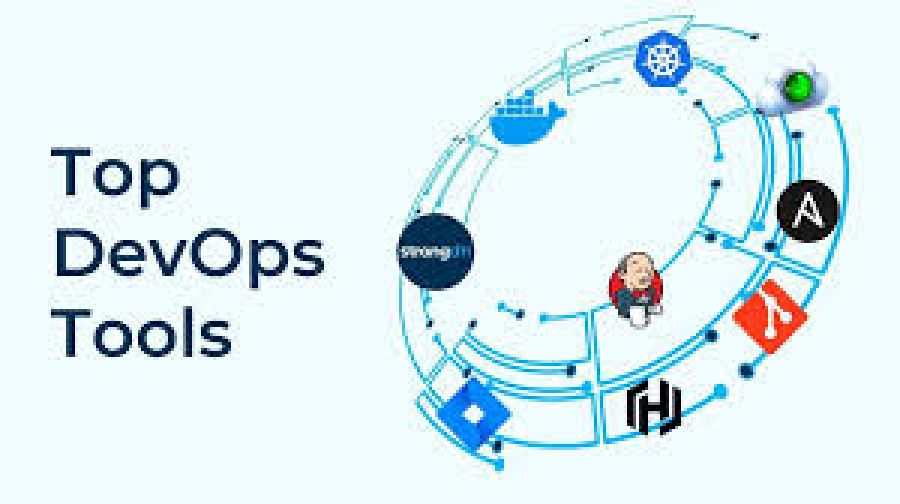Leveraging Cloud Technologies for Next-Level Accounting Freelancers
In today’s fast-paced financial landscape, cloud technologies are transforming how accounting freelancers manage clients, handle data, and deliver value. Gone are the days of static spreadsheets and endless email threads—modern accountants now have access to real-time collaboration tools, AI-powered automation, and secure cloud storage that streamline operations and enhance service quality.
For freelancers, leveraging cloud accounting is not just about keeping up with technology—it’s about staying competitive, maximizing efficiency, and delivering next-level client experiences. In this guide, we explore how independent accountants can harness cloud-based tools to optimize workflows, ensure compliance, and boost profitability.
Long Description
1. Understanding the Power of Cloud Technologies in Accounting
Cloud accounting involves using web-based platforms to manage financial data, accessible from any device with an internet connection. Instead of saving files locally, all data is stored securely in the cloud, enabling real-time collaboration with clients and team members.
Key benefits include:
24/7 Access to financial data from anywhere.
Automatic Updates without manual software installations.
Reduced IT Costs since servers and backups are cloud-managed.
Scalable Solutions that grow with your freelance business.
Popular tools include QuickBooks Online, Xero, FreshBooks, and Zoho Books, each offering unique features for freelancers.
2. Why Cloud Accounting is a Game-Changer for Freelancers
Freelancers often juggle multiple clients, industries, and compliance requirements. Cloud tools bring:
Time Savings: Automated invoicing, expense categorization, and bank reconciliation.
Better Collaboration: Clients and accountants can view and update the same files simultaneously.
Data Security: Multi-factor authentication and encryption protect sensitive data.
Global Reach: Serve international clients without being tied to a specific location.
With these advantages, freelancers can focus more on high-value advisory services rather than repetitive tasks.
3. Core Features Freelance Accountants Should Leverage
a. Real-Time Reporting
Cloud systems allow instant report generation, enabling accountants to provide timely insights to clients. This improves decision-making speed and builds trust.
b. Automated Data Entry
AI-powered integrations with bank feeds reduce manual entry errors, saving hours of work.
c. Secure Document Storage
All receipts, contracts, and tax forms can be stored digitally and accessed anytime.
d. Multi-Currency Transactions
Perfect for freelancers dealing with global clients, enabling accurate conversions and compliance with international standards.
e. Compliance Management
Built-in tax compliance modules ensure you stay on top of regulations without stress.
4. Steps to Transition to Cloud Accounting as a Freelancer
Step 1 – Assess Your Current Workflow
Identify which tasks can be automated and which require human oversight.
Step 2 – Choose the Right Cloud Platform
Pick tools based on your client base, budget, and required features.
Step 3 – Migrate Your Data Securely
Backup existing files before migration to prevent data loss.
Step 4 – Train Yourself and Your Clients
Ensure you and your clients know how to use the platform efficiently.
Step 5 – Monitor and Optimize
Regularly review how the system is improving your workflow and make adjustments as needed.
5. Best Practices for Maximizing Cloud Technology Benefits
Use Two-Factor Authentication (2FA) to secure accounts.
Integrate with Other Tools such as project management apps (Trello, Asana) for holistic workflow management.
Regular Backups even though cloud providers maintain their own backups.
Stay Updated on New Features to continuously improve services.
Offer Clients Self-Service Portals to increase transparency and reduce email exchanges.
6. Case Study: A Freelancer’s Transformation with Cloud Accounting
Consider Priya Sharma, a freelance accountant managing 12 clients manually using Excel and email. After switching to Xero and integrating it with her bank feeds, she:
Saved 12 hours per week on reconciliations.
Reduced invoice processing time by 50%.
Increased client satisfaction scores by offering real-time dashboards.
This shift not only improved her efficiency but also allowed her to increase her rates by 20% due to higher service value.
7. The Future: Cloud + AI for Freelance Accountants
The future of freelance accounting lies in combining cloud platforms with AI-powered analytics. Soon, accountants will be able to:
Predict cash flows with machine learning models.
Automate entire audit trails.
Offer predictive financial advice rather than just historical reporting.
Adopting cloud tools now positions freelancers ahead of the curve, ready to embrace these innovations.
Conclusion
For accounting freelancers, cloud technologies aren’t just a productivity booster—they’re a business growth engine. By embracing cloud platforms, you can save time, improve collaboration, enhance data security, and deliver unmatched client experiences.
Whether you’re a solo practitioner or part of a small freelance team, integrating cloud accounting into your workflow will help you scale efficiently, serve global clients, and stay ahead in an increasingly digital financial landscape.


 by Emily
by Emily




